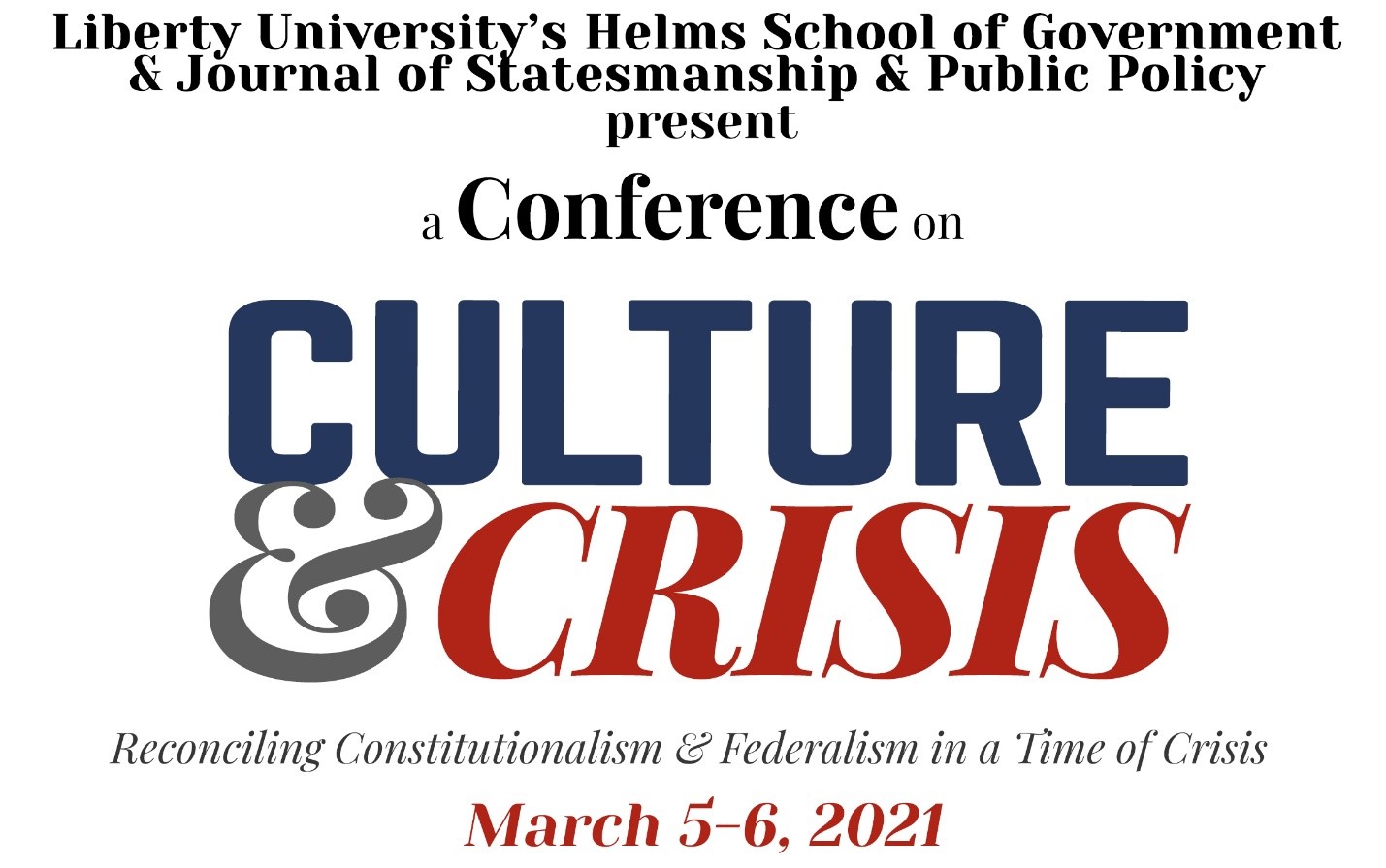Level of Education
Graduate
Keywords
antitrust, regulation
Abstract
Calls for regulation of major tech giants are currently ringing out from both the left and right sides of the political spectrum, largely for different reasons (Soave 2020). The current DOJ antitrust suit against Google was undermined by murmurs of political motivation as former-Attorney General William Barr personally played a key role in pushing the investigation forward into a lawsuit. (Birnbaum 2020). Prior examples of this can be seen in the reportedly political motivation of the DOJ’s unsuccessful attempt to block the 2017 merger of President Trump’s nemesis CNN’s parent company Time Warner and AT&T following President Trump’s campaign trail promise to this effect (Putterman 2020). Despite being an independent regulatory commission under the oversight of the legislative branch, the FTC, like other regulatory agencies is subject to political pressure from the White House, legislative committees and interest groups (Cochran et al, 45-46). Political bias exerted through antitrust law is in no way specific to the last presidential administration. Multiple studies have shown a significantly higher statistical correlation between antitrust action taken against corporations that were competitors with firms headquartered in the districts of congressional committee members that oversaw the FTC (Shughart and McChesney 2010, 394).
Antitrust in the Age of Trump
Calls for regulation of major tech giants are currently ringing out from both the left and right sides of the political spectrum, largely for different reasons (Soave 2020). The current DOJ antitrust suit against Google was undermined by murmurs of political motivation as former-Attorney General William Barr personally played a key role in pushing the investigation forward into a lawsuit. (Birnbaum 2020). Prior examples of this can be seen in the reportedly political motivation of the DOJ’s unsuccessful attempt to block the 2017 merger of President Trump’s nemesis CNN’s parent company Time Warner and AT&T following President Trump’s campaign trail promise to this effect (Putterman 2020). Despite being an independent regulatory commission under the oversight of the legislative branch, the FTC, like other regulatory agencies is subject to political pressure from the White House, legislative committees and interest groups (Cochran et al, 45-46). Political bias exerted through antitrust law is in no way specific to the last presidential administration. Multiple studies have shown a significantly higher statistical correlation between antitrust action taken against corporations that were competitors with firms headquartered in the districts of congressional committee members that oversaw the FTC (Shughart and McChesney 2010, 394).



